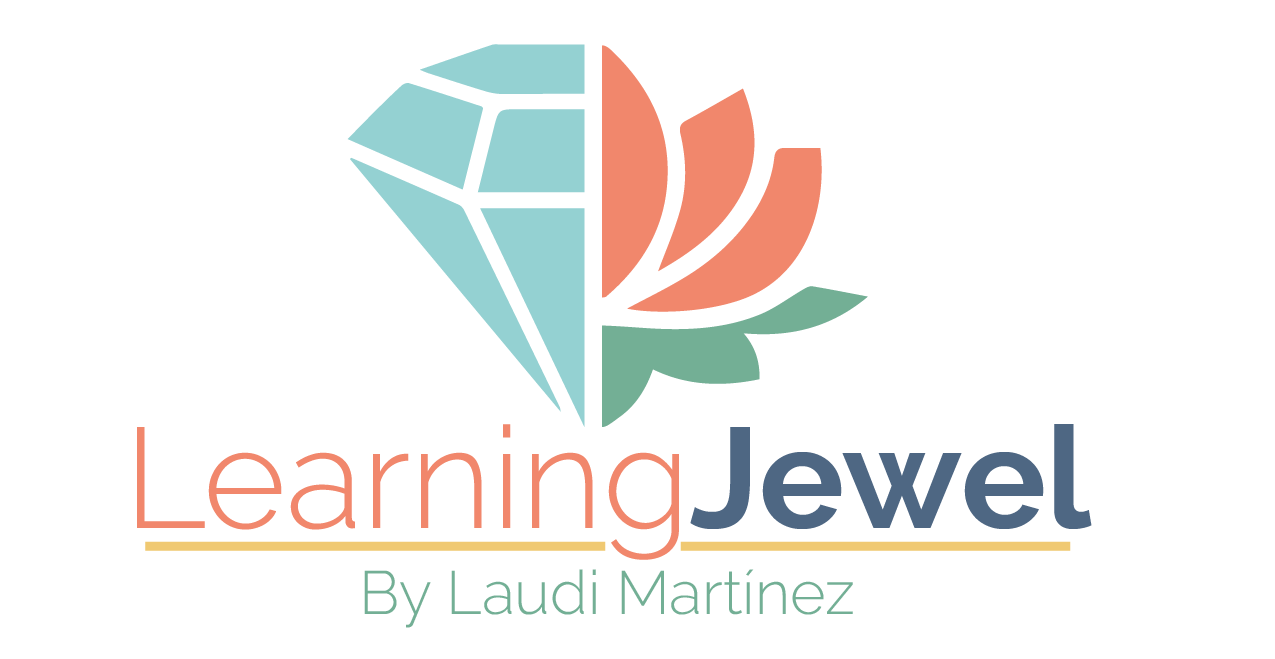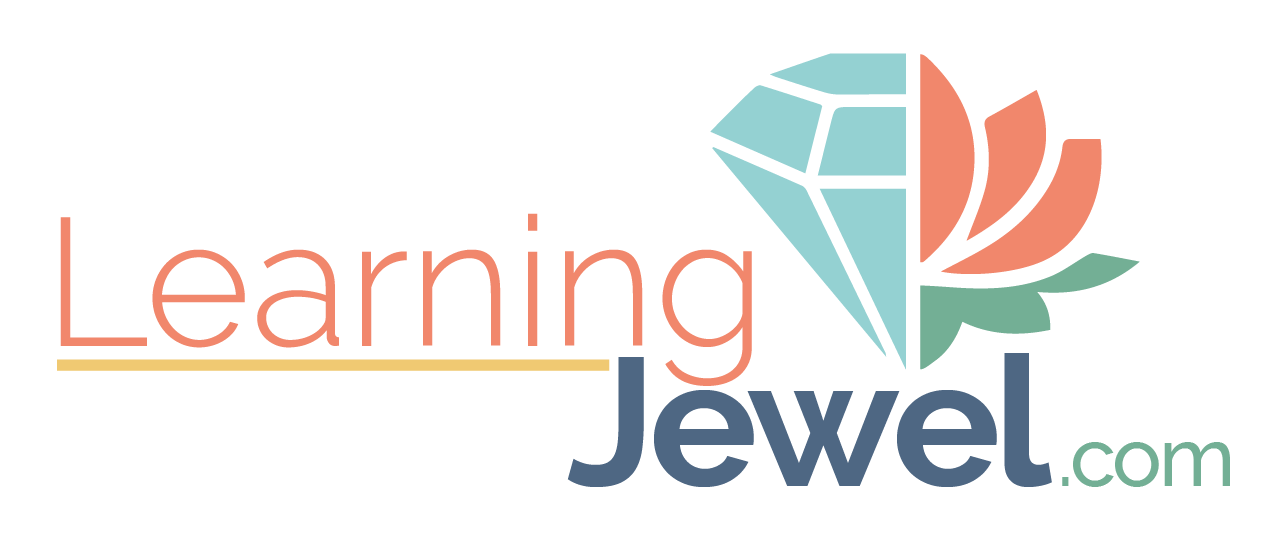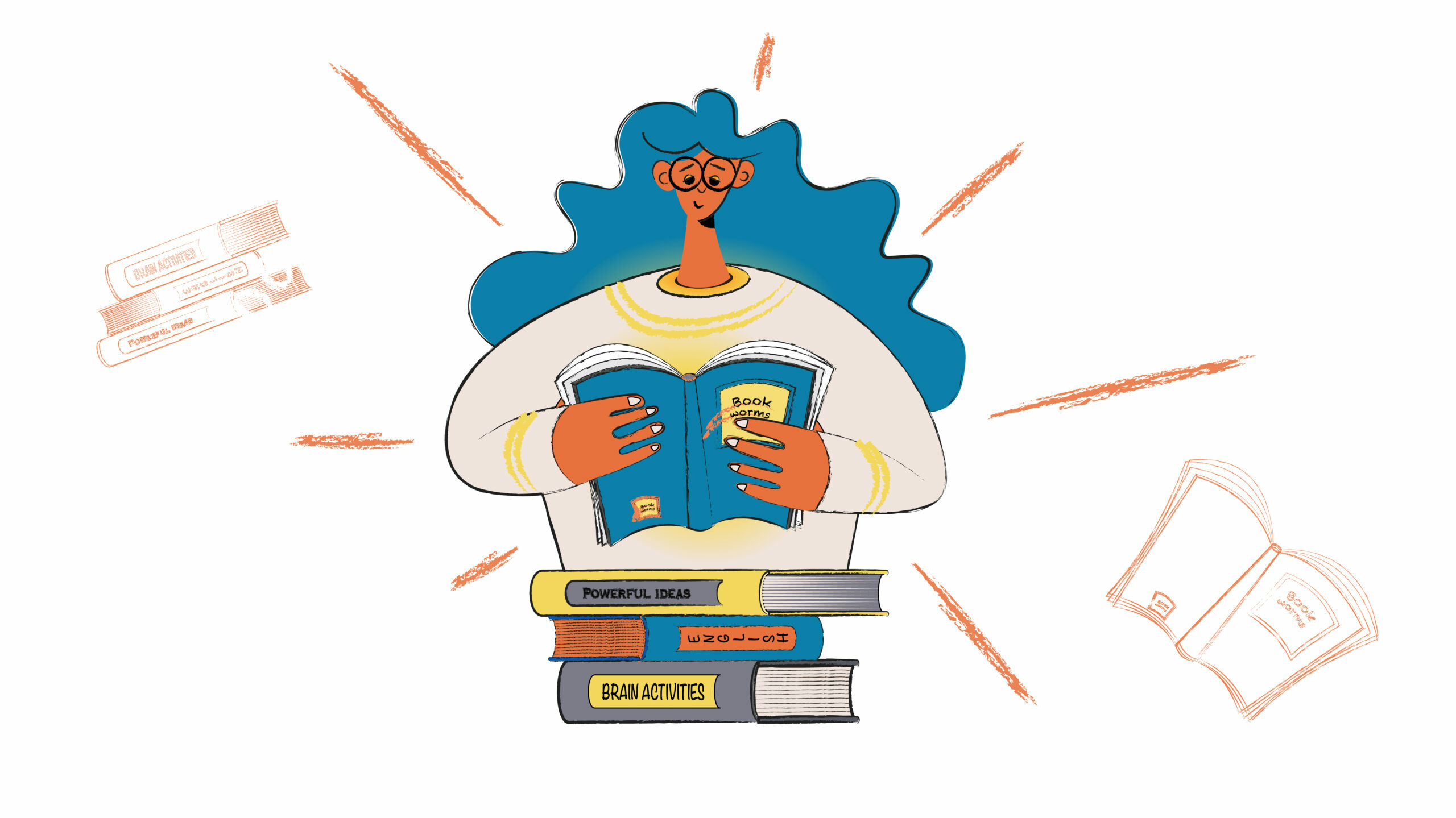La lectura es el nuevo aprendizaje
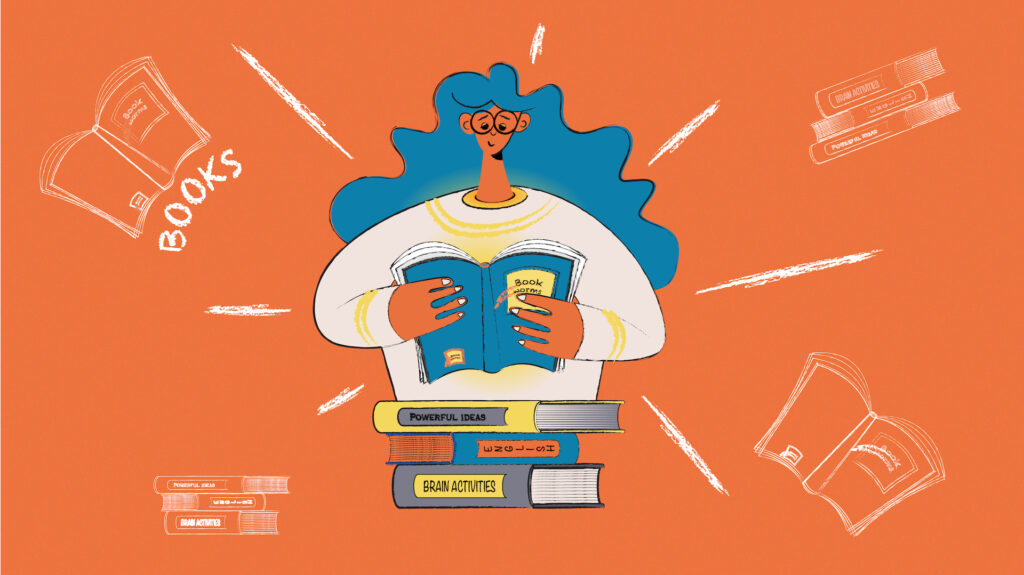
La lectura es una de las actividades mundanas que nos ayuda a escapar de nuestra realidad actual. Todos necesitamos una escapatoria para que los libros nos transporten a algún lugar por un tiempo. Durante mis años universitarios, solía llamar a los libros que leía “árboles”. Bastante extraño, ¿verdad? Bueno, mi “concepto de árbol” se ha resumido en una simple afirmación biológica: existen árboles perennes y caducifolios. El primer tipo mantiene su cobertura durante todo el año, mientras que el segundo pierde sus hojas dependiendo de la temporada. La diferencia más notable entre ellos se concluye en la frondosidad que interpretaría como un valor de libro.
Basándome en mi experiencia de lectura a lo largo de los años, aprendí a distinguir los textos perennes que valen la pena leer más de una vez de los caducos con los que no continuaría en el futuro. Honestamente, este concepto todavía está vivo y me hace avanzar. Actualmente estoy volviendo a enamorarme de algunos libros que leí hace más de diez años. Erich Fromm, Stephen King y George Orwell siguen siendo irremplazables en mi lista. Aunque sus obras tratan temas de proporciones planetarias como la guerra y la paz, diversos problemas políticos y sociales, la naturaleza humana y los miedos que enfrentan, la sabiduría de los autores nos ayuda a obtener una perspectiva más brillante del mundo.
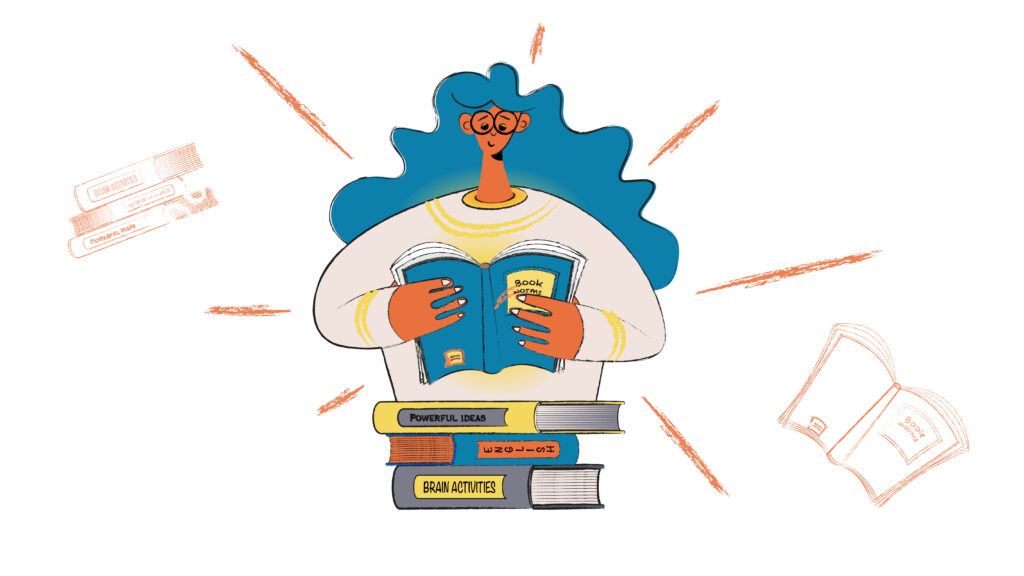
La lectura como hábito saludable
Para comenzar el hábito de la lectura, es esencial leer sobre lo que nos apasiona. La ciencia ficción, novelas, cómics, libros de informática, de historia, entre otros, podrían ser un buen inicio para despertar nuestras habilidades de lectura e introducirnos en el mundo del libro elegido. Además, se mejora nuestro conocimiento del idioma, especialmente al buscar palabras que no conocemos. Es probable que en ocasiones tengamos una mala pronunciación debido a que la lectura no nos permite practicar el habla. Esta es una de las razones por las que los audiolibros son considerados una herramienta de primera categoría hoy en día.
El papel de las habilidades de lectura
La literatura tiene un gran impacto en nosotros, sin importar el idioma en que leamos. Es un recurso valioso para mejorar habilidades como la comprensión de lectura, habilidades lingüísticas, la identificación de objetos e incluso habilidades sociales. Los libros pueden enriquecer nuestras mentes con conocimientos prácticos, como lo haría un buen amigo. Definitivamente, aprendemos mucho de nuestros “compañeros de papel”. Cómo dar dirección a nuestra mente y cómo superar nuestros fracasos son algunas de las preguntas vitales con las que podemos identificarnos con la ayuda de los libros en diferentes etapas de nuestra vida.
No hay duda de que la lectura es la mejor manera de aumentar nuestro conocimiento en un nuevo idioma, ya sea que seamos estudiantes de nivel básico, intermedio o avanzado. En este artículo, me gustaría que se centren en el inglés, ya que es un idioma hablado en todo el mundo.
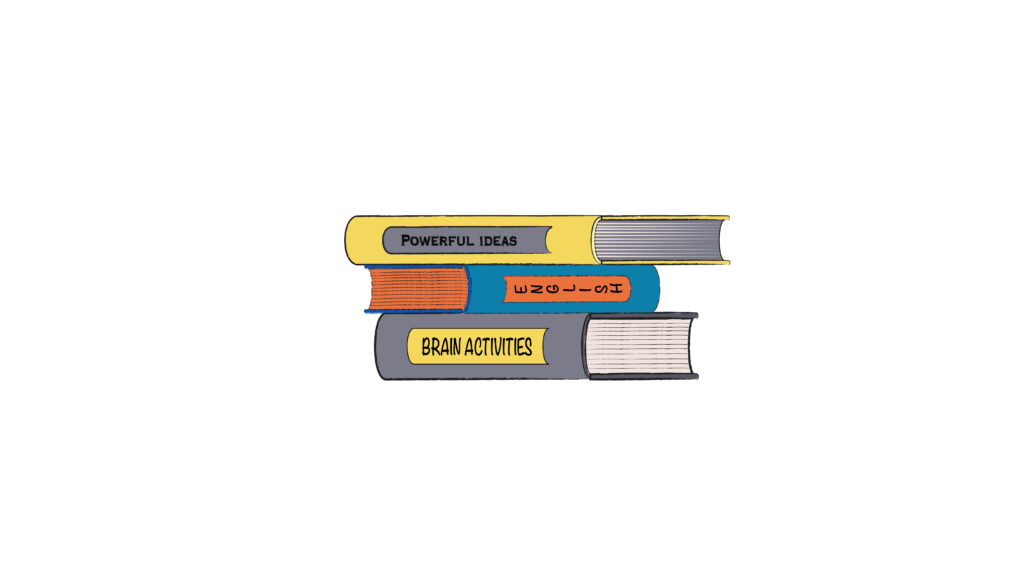
Recomendaciones de libros
Cuando se trata de comenzar a leer, podemos pensar en un tipo separado de literatura llamada “lectores graduados”. Este tipo de libros ayuda a las personas a disfrutar de los textos al ser simplificados de acuerdo a su nivel. Esto podría ser un buen intento para los principiantes cuya intención es comenzar un nuevo idioma. Hemos intentado indicar géneros literarios en la lista a continuación, aunque la literatura infantil aún se encuentra en el nivel más básico por razones evidentes. Sin embargo, una gran ventaja de leer literatura en inglés “real”, incluyendo libros para niños, es que puedes aprender inglés de la misma manera que lo hacen los hablantes nativos. ¿No es ya emocionante?
Ha sido bastante desafiante hacer una lista de solo 5 libros, sin embargo, aquí tenemos una compilación. Consideremos algunas reglas inquebrantables que importan antes de comenzar: tu elección, tomar notas, tener una aplicación de diccionario, releer en voz alta y disfrutar cada segundo de un libro.
The Little Prince written by Antoine de Saint-Exupéry
Nivel: A1 Principiante (mezclado con Elemental)
Esta maravillosa parábola puede ser disfrutada por lectores de todas las edades. El joven principito visita varios planetas y plantea temas como la soledad, la amistad y el amor. Casi 80 años después de su aparición, la historia de Saint-Exupéry aún tiene mucho que enseñarnos, ya que es una metáfora de su propia infancia. ¡Lo que puede sorprenderte es el conjunto de ilustraciones hecho por Saint-Exupéry mismo! Definitivamente es un libro que deberías leer.
Matilda by Roald Dahl
Nivel: A2 Elemental
‘ Matilda ‘ de Roald Dahl es un buen ejemplo de un libro de fantasía para niños. Algunos elementos mágicos inexplicables combinados con situaciones de la vida real hacen que la infancia espantosa de Matilda sea más alegre para ella, así como para el lector. El estilo de escritura de Dahl es juguetón, divertido y exagerado al mismo tiempo. Si estás impresionado por el mundo de Matilda, es posible que desees ver una adaptación cinematográfica que resulta igualmente buena.
Paper towns by John Green
Nivel: B1 Intermedio
‘Ciudades de papel’ es una novela contemporánea imprescindible para jóvenes de 14 años en adelante que disfrutan de un drama romántico. El protagonista principal, Quentin, comienza a buscar a Margo, su vecina y amor de la infancia, después de que desaparece. Al descubrir el significado de los elementos ocultos que ha dejado, Quentin llega a una nueva verdadera ideología. Este libro de misterio demuestra el equilibrio adecuado de las metáforas y discusiones filosóficas de los personajes.
Harry Potter and the Philosopher’s stone by J.K. Rowling
Nivel: B2 Intermedio superior
“Zopenco! Embolado! Inútil! Retorcido!” Es la frase a menudo citada mencionada por los amantes de Harry Potter. Aunque el libro está escrito en un lenguaje fantástico, los temas del texto siguen siendo tan relevantes para nuestra realidad como aparecen en el mundo del papel: el conocimiento de la auténtica cultura británica, problemas reales y universales en las relaciones de las personas y la importancia del humor. ¡No querrás perderte nada en este inolvidable viaje al mundo de Harry Potter!
The Adventures of Sherlock Holmes by Sir Arthur Conan Doyle
Nivel: C1 Avanzado
Si buscas sumergirte en un misterioso mundo detectivesco, este es el mejor libro para leer. Estas aventuras son la famosa serie de pequeños acertijos detectivescos que son resueltos por el dotado Mr. Holmes. Una vez que comiences a leer estas historias, tanto fantásticamente entretenidas como sorprendentes, te enamorarás de la excelente capacidad narrativa del autor. Se recomienda encarecidamente toda la colección original para los niveles avanzados con el fin de dominar la gramática y el vocabulario en un nivel superior.
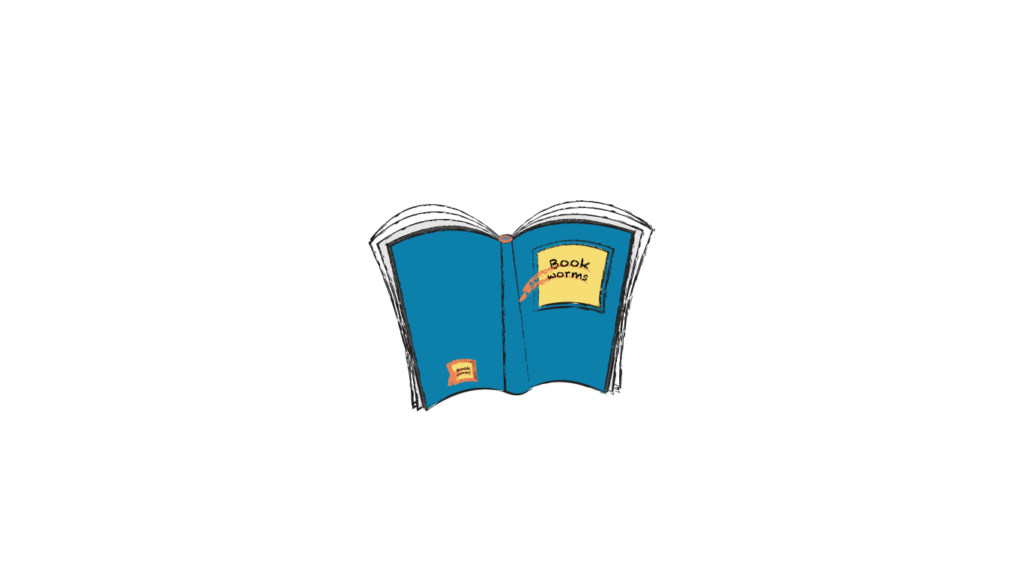
Como puedes ver, la lectura puede verse diferente dependiendo del gusto de los lectores. Sin embargo, ¿qué puede ser mejor que acurrucarse con cualquier libro agradable y enriquecer tu mundo interior con una actividad agradable y útil?
Bueno, ¿qué hay de TUS hábitos de lectura? ¿Tienes algún libro favorito en inglés? ¿Qué consejos de lectura puedes compartir con nosotros? Haznos saber en los comentarios a continuación. Además, si no sabes cuál es tu nivel de inglés, ¡Learning Jewel puede ayudarte! Puedes ir a este enlace para descubrirlo. https://learningjewel.com/test-gratuito-nivel-de-ingles/
¡Que disfrutes de una gran lectura!
Glossary for Language learners
Find the following bolded words in the article and then write down any new ones you didn’t know.
Foliage (n): the leaves on a plant
To get on with sth (pv): to continue doing something
Irreplaceable (adj): so valuable or special
To elicit (v): to get information from someone
You name it (exp): something that you say that means anything you say
To look up sth (pv): to find information
Top-notch (adj): of the highest quality; excellent
To boost (v): to increase or improve something
Nonetheless (adv): despite what has just been said
To come up with sth (pv): to suggest or think of an idea or plan
Unbreakable (adj): impossible to break
To savor (v): to enjoy food/experience slowly, in order to enjoy it
To bring sth up (pv): to start to talk about a particular subject
Bucket list (exp): a list of the things that a person would like to do
Inexplicable (adj): unable to be explained
To be flattered (v): to feel very pleased and proud
Must-read (n): a piece of writing that should or must be read
To figure out (pv): solve a problem/ discover an answer to a question
Oft-quoted (adj): often quoted/ often cited
Relevant to (adj): appropriate to the current time or circumstances
To master sth (v): to have or show a great skill
Gifted (adj): talented
To cuddle up (pv): to nestle close to someone or something to get warm
To enrich (v): to improve the quality of something by adding something
Key
- n = noun
- adj = adjective
- pv = phrasal verb
- v = verb
- exp = expression
- adv = adverb
